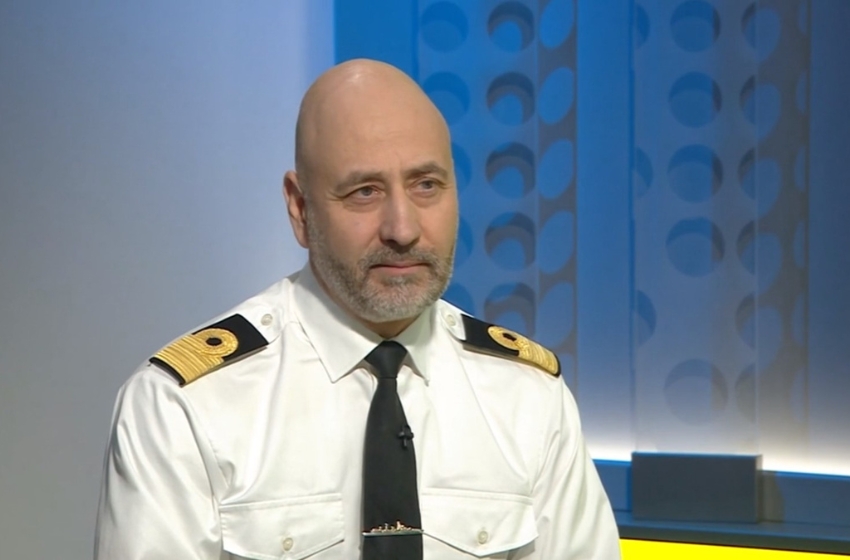According to the commander of the Estonian Navy, Ivo Värk, in the traditional understanding of naval warfare, neither Russia nor Ukraine dominate the Black Sea.
He emphasized that to ERR, in the traditional sense of naval warfare, neither the Russian Federation nor Ukraine dominate the Black Sea.
"Today, the entire Black Sea can be considered, in this sense, a disputed maritime area, where both sides essentially have a certain degree of freedom of action. And this freedom of action is obviously greater near the coast. Both sides have their own air defense systems, naval mines, and support from various weapon systems on the shore," said Värk.
He added that ships usually only go to sea to carry out specific operations, but neither side takes excessive risks.
Värk noted that both sides use gas drilling rigs in the Black Sea:
"They provide a good opportunity for both sides to place reconnaissance equipment there and then monitor the maritime situation from there. However, it is known that they are not permanently under the control of either side, meaning they pass from hand to hand."

The commander was asked whether Ukrainians had made a revolution in the field of naval drones, as the Ukrainian army allegedly managed to shoot down a Russian helicopter using a naval drone.
"Land-based strike drones have indeed become an important tool for Ukraine, but their image and possibly their usefulness may be somewhat overestimated in the eyes of the public," Värk responded. "Ukraine itself says that they use naval drones precisely because they have no other means; they have nothing to oppose the Russian Black Sea Fleet," he added.
He pointed out that of the 17 large Russian military ships, only six were damaged by Ukrainian drones.
Värk acknowledged that the maritime environment is difficult for drones.
"When talking about drones in general, drone technologies and countermeasures at sea are also developing at a rapid pace. However, many experts also believe that drone technologies will likely be an additional measure, meaning they will complement traditional means and capabilities of naval warfare.
In other words, they will certainly help improve situational awareness and enhance reconnaissance activities, but they will not replace modern submarines, surface ships, missiles, mines, and similar means," said the commander.





















